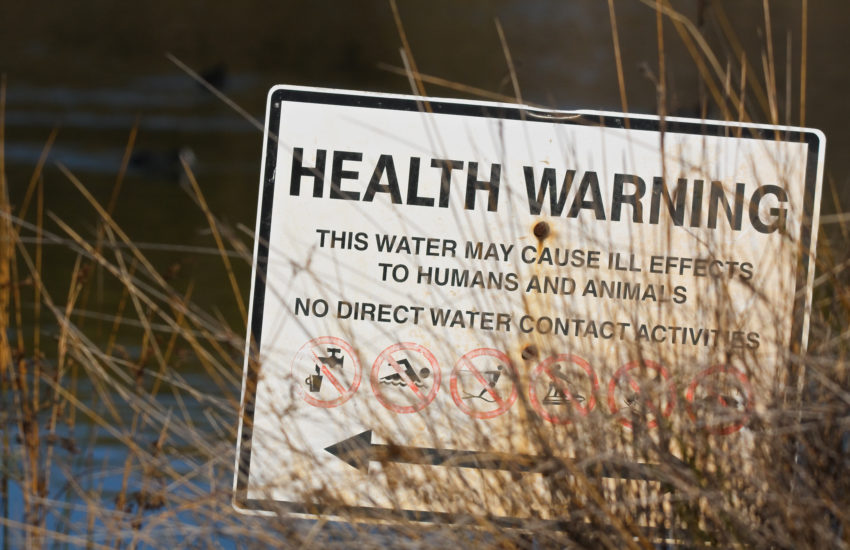The New Jersey Department of Environmental Protection (NJDEP) is required to develop remediation standards for contaminated sites to be protective of the public health, safety, and environment pursuant to the state’s Brownfield and Contaminated Site Remediation Act. In April, the NJDEP published proposed revisions to the remediation standards, codified at N.J.A.C. 7-26D. Since the proposed revisions were announced amid the beginning of the COVID-19 pandemic, the public comment period, originally scheduled to close on June 5, 2020, was extended to August 5, 2020 after the NJDEP was criticized for the timing of the rule proposal. A public hearing on the proposal originally scheduled for May 11, 2020 was also postponed, and the comment deadline may be extended further if the NJDEP decides to reschedule the hearing.
The proposed rule changes will affect property owners and persons responsible for remediating contaminated sites. The changes include new regulations for soil leachate and indoor air, which were previously uncodified exposure pathways. The regulations also modify the soil remediation standards for migration to groundwater by eliminating the site-specific approach for such impacts. With respect to soil remediation standards based upon direct human contact, the proposed rules separate the standards relating to ingestion-dermal exposure and inhalation exposure pathways. The NJDEP has also added remediation standards for several new contaminants, and removed certain contaminants from the regulations, which are no longer believed to be justified. In addition, the existing standards have been increased for certain contaminants and deceased for others. Since some of the increases are proposed to be more stringent by a factor of ten or more (otherwise known as by an order of magnitude), some sites that are already closed may be impacted.
While we highlight the key changes in more detail below, the proposed revisions can be accessed here. We will continue to monitor the proposed rule change and will report on any changes included in the final rule.
- Codification of Impact to Groundwater (IGW) Soil Remediation Standards. The current IGW soil remediation standards are based upon a non-codified site-specific approach, which would be replaced with codified soil and soil leachate remediation standards for migration to groundwater.
- Direct Contact Soil Remediation Standards. Presently, the residential and nonresidential direct contact to soil remediation standards are set at the more stringent of the ingestion-dermal human health criterion and the inhalation human health criterion. The proposed changes would replace the current rules with separate standards for each criterion requiring the remediation to account for both of these pathways.
- Indoor Air Standards. Indoor air screening levels are currently based upon the NJDEP’s vapor intrusion guidance. The proposed changes would codify the indoor air screening levels as remediation standards for residential and non-residential use scenarios, which would improve the enforceability of these standards.
- Expansion of Interim and Alternative Remediation Standards Process. The proposed rules would expand the availability of interim and alternative remediation standards to include soil and soil leachate for migration to groundwater and indoor air.
- Definitions. The addition of definitions for “residential” and “nonresidential” based on property use, which were previously undefined. Residential properties would include residences, private and public schools, charter schools, and childcare centers, while nonresidential properties would include properties used for commercial or industrial purposes.
- Addition and Removal of Contaminants with Standards. The proposed rules include the addition of new contaminants to the list of standards, and the removal of certain contaminants from the remediation standards that did not have supportive toxicology information. The proposed rules also include numerical modifications, both increases and decreases, to certain existing remediation standards. The proposed increases include an increase of certain standards by an order of magnitude, which would require a re-evaluation and potentially additional remediation of those contaminants at certain sites in which a Remedial Action Work Plan has been approved, or if a No Further Action letter or Response Action Outcome has been issued. (In all other cases, the NJDEP proposes a six-month phase-in period).

